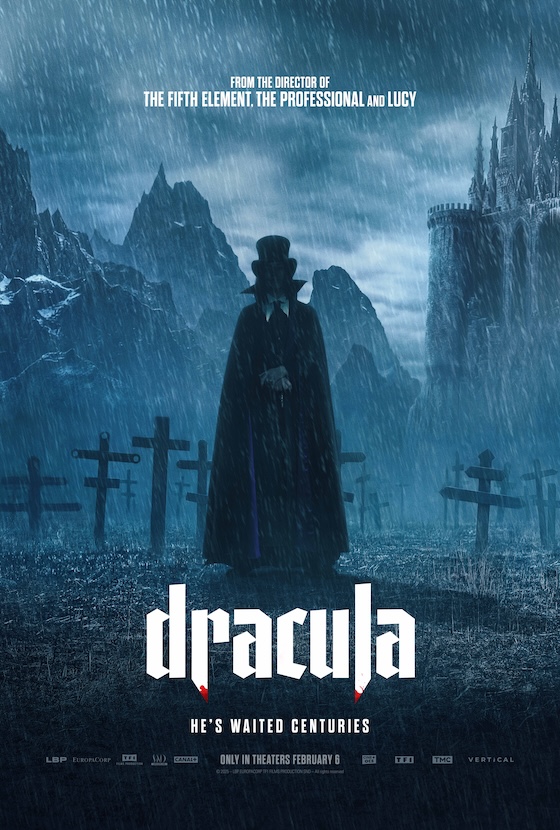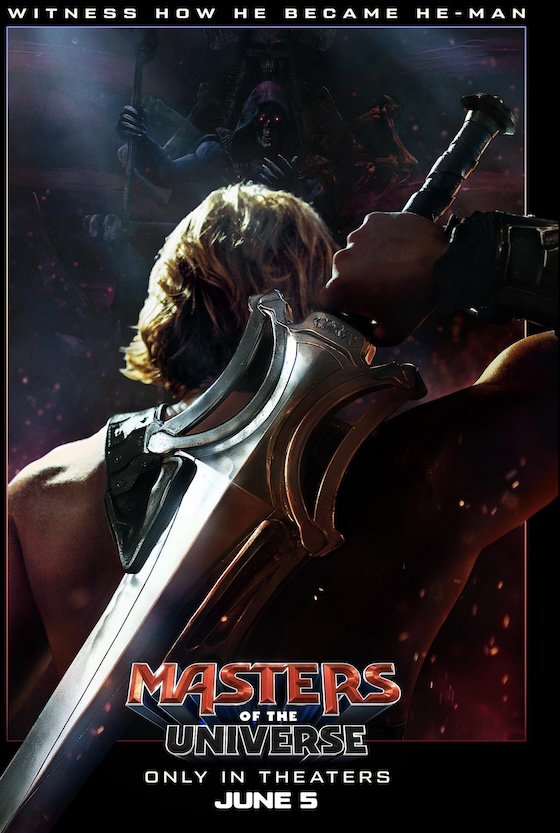{googleAds}
<div style="float:left">
<script type="text/javascript"><!--
google_ad_client = "pub-9764823118029583";
/* 125x125, created 12/10/07 */
google_ad_slot = "8167036710";
google_ad_width = 125;
google_ad_height = 125;
//-->
</script>
<script type="text/javascript"
src="http://pagead2.googlesyndication.com/pagead/show_ads.js">
</script></div>{/googleAds}
In 1974, as the country is beginning to stew in a climate of public distrust and political scandal, a distraught gunman named Samuel J. Bycke brazenly shoots his way past gate security at Baltimore-Washington International airport. He intends to hijack a passenger airliner and crash it into the White House. His target Richard Milhouse Nixon, President of the United States.
The Assassination of Richard Nixon is writer and first-time director Niels Mueller's chilling portrait of a man hell-bent on making a name for himself. Samuel Bicke, (his last name was changed to protect the identity of his family) played by Sean Penn, was a dangerously desperate man trying to recover from a string of personal and professional failures. His marriage was crumbling, his current employment was on shaky ground, and his Small Business Administration loan was recently rejected. Sam, a 40-something office furniture salesman saw killing the president as his only way to leave a mark on the world.
Sam's demise plays out against a volatile backdrop of the Nixon presidency. Sam sees Nixon as the world's greatest salesman because he swindled the American people into voting for him twice. As Sam fails to realize Nixon's promises of aid for the small businessman, his disdain for the President begins to seethe deep in his soul. He yells at the television while images of Nixon and Viet Nam fill the screen. To Sam, Richard Nixon becomes the physical embodiment of a world gone awry.
When he sees television footage of a soldier that stole an Army helicopter and landed it on the front lawn of the White House, Sam realizes how easy it would have been to crash it into the President's home. He concocts his own scheme to make his presence felt. But just as he was a failure in everything else he did, Sam wasn't able to get anywhere near the President. Ironically, Bycke's legacy is overshadowed by the forthcoming Watergate Scandal, leaving him as nothing more than a forgotten footnote in the list of would-be Presidential assassins. Virtually no one noticed his assassination attempt.
Mueller pounded out a 30-page fictitious script with the intention of telling the story of an alienated man whose horrific act would go unnoticed in a society that has become accustomed to violence. As his research progressed, he realized that, upon the discovery of Bycke's true story, he had unknowingly been writing about Bycke all along. Fittingly, in the film's final scene, Mueller uses News and F.B.I. reports to reenact, almost verbatim, the actual assault on the airplane. The television reports seen near the end of the movie are the actual network broadcasts that aired shortly after the event.
Mueller's control of the set and the camera hardly seems like that of a first-timer. As the story unfolds, his creative skills become evident in the film's look and the pacing of the story. From the palpable 1970s tawdry atmosphere to his lingering camera shots, Mueller manipulates our emotions with a calculated cadence that slowly constucts a feeble house of cards - ready to collapse at any moment. Some might describe the film's pace as slow, but I call it deliberately calculated. Mueller realizes that Sean Penn is his meal ticket so he quite often fills the screen with just the actor's face, letting his expressions describe the mind of his character. Bicke's desperation can be heard in Penn's dialogue; and Mueller's camera becomes more and more unstable as the would-be-assassin's world disintegrates around him.
Without question Penn is one of the best actors in Hollywood right now. His sad-sack Bicke begs for our sympathy as we learn that he is not really too different from you and me. He is simply a husband and father with a new job that wants his piece of the American dream. We are grounded in compassion as we learn that he visits the Baltimore chapter of the Black Panthers to donate money. He suggests that they might further their cause if they allowed whites in their organization and changed their name to The Zebras. Naomi Watts never really gets a chance to make hay with her role as Marie, Bicke's wife. She's here to lend support to Penn and appropriately steps aside.
It might have been interesting for Mueller to fill us in a bit more on Bicke's past, perhaps by creatively weaving in a series of flashbacks or character vignettes. A little insight into where he came from and why his marriage failed would have lent a bit more depth to his character. I'd like to know how things could be so bad that a person is driven to such drastic measures. But then again, painting Bicke with a generic brush makes it a little easier for us all to plug into his psyche.
The Assassination of Richard Nixon is a smart and creative character examination that takes on a life of its own in today's time. Although it was announced years before 9/11, its relevance can't be ignored. We were all touched by the horrific tragedies in New York and Washington D.C., making it nearly impossible not to connect with a character that is as American as you and me.
DVD Details:
Screen formats: Widescreen Anamorphic 1.85:1
Subtitles: English, Spanish; Closed Captioned
Language and Sound: English: DTS 5.1 Surround; English: Dolby Digital 2.0 Surround
Other Features: Color; interactive menus; scene access; director's commentary.
* Commentaries:
o With director Niels Mueller.
Number of discs: 1
{pgomakase}



































